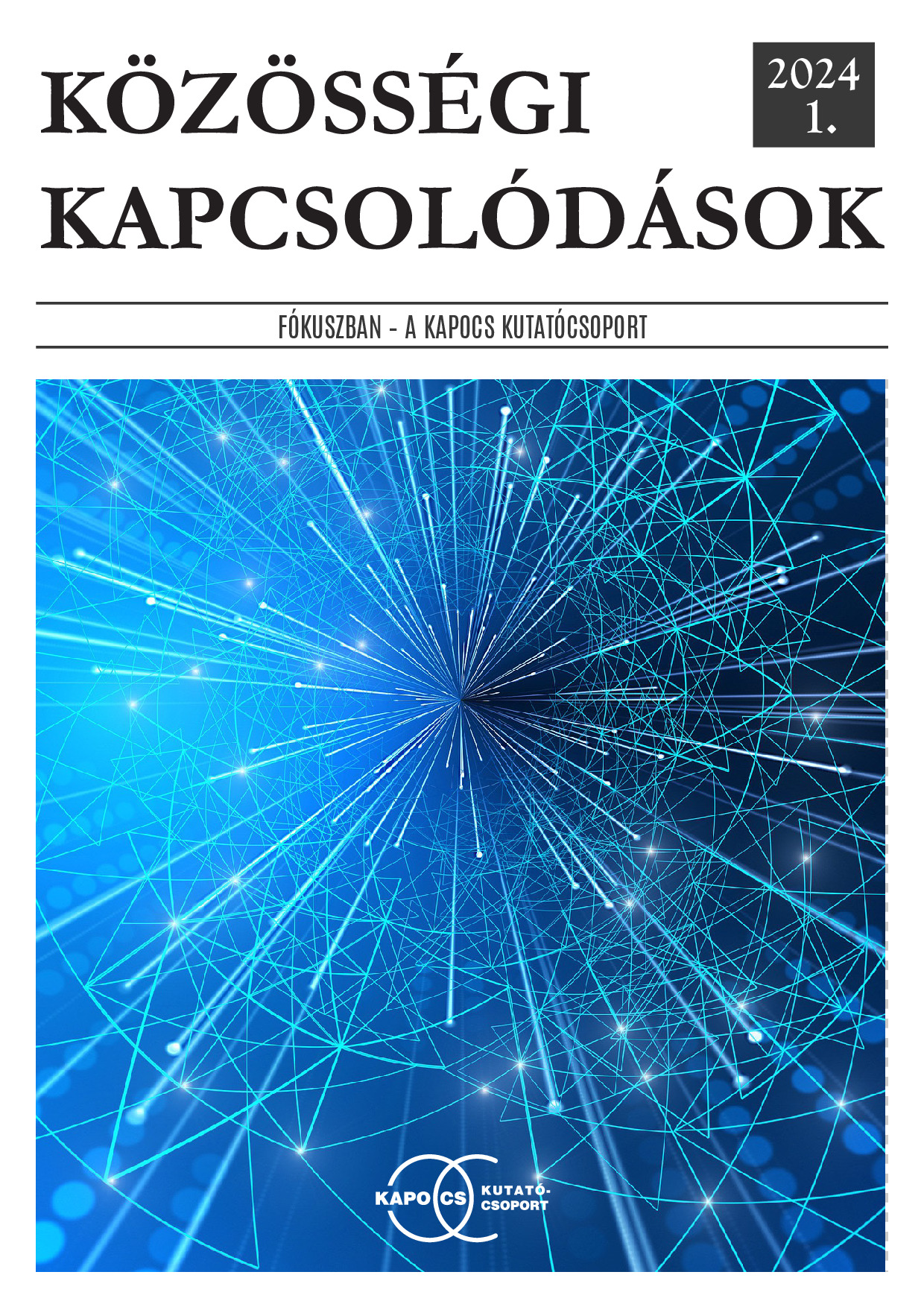“O, happy dagger”: Love, parental ban and suicide in three of Shakespeare’s plays (Romeo and Juliet, A Midsummer Night’s Dream, Hamlet)
Main Article Content
Abstract
A typical generational conflict is the parental influence on the young lovers and their choice of marriage: parental ban and its sometimes tragic consequences. A philological analysis of this motif in three of Shakespeare’s plays discusses the purpose of playing, the choices of the young lovers, fate and suicide. Although the basic conflict in Romeo and Juliet is the ancient feud between the two households, the conflict within the Capulet family is also decisive: Capulet’s choice of Juliet’s marriage. This motif can also be found in A Midsummer Night’s Dream, through Egeus and Hermia, and in the play within the play, the tragicomedy of Pyramus and Thisbe. In Hamlet, Polonius also bans Ophelia from Hamlet, and the issue of suicide also recurs. In light of these three plays and the conventions of the age, Romeo and Juliet’s double suicide is not necessarily inevitable, but can also be seen as overhasty and morally arguable.

